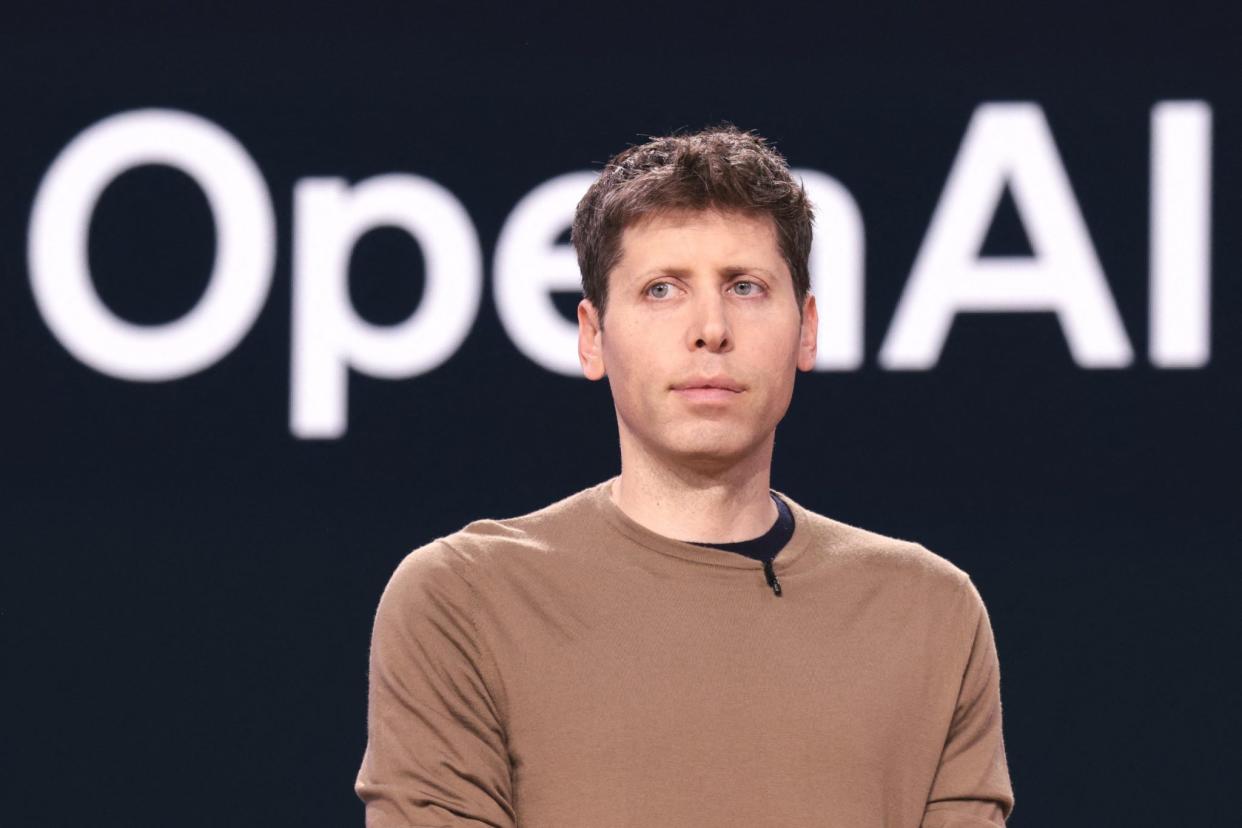Karina Nguyen leads research at OpenAI, and in a recent podcast she took a more encouraging approach to the debate on AI and job substitution.
evolution that artificial intelligence has undergone in recent years has caused a state of job uncertainty due to its great possibilities and benefits for both the present and the near future. Its use is already transforming the structure of many companies and the fear of the thought that AI could take away our jobs is increasingly present in users.
Although the generative artificial intelligence sector is generating equal parts enthusiasm and concern, there are also those who think that the future of AI is not so catastrophic. Karina Nguyen, a researcher at OpenAI, offers a more encouraging perspective. According to her, there are skills that AI will not be able to replace, which allows professionals to remain relevant in the world of work of the future.
Creativity, empathy and decision-making

Nguyen took part in the podcast of Lenny Rachitsky, who often interviews influential people in the labor market in all kinds of fields. As reported by La Vanguardia, Nguyen highlighted three skills that AI could not replace in a person.
Although AI can generate texts and images and analyze data quickly, human creativity is still unmatched. The ability to come up with original concepts, solve problems in innovative ways, and create experiences that connect with emotions is a value that only people have. Although algorithms can identify patterns and replicate styles, generating completely new ideas is still an unmatched human strength.
Artificial intelligence is capable of processing large volumes of information, but it lacks the ability to fully understand emotions, interpret social context or make decisions based on human intuition. Interpersonal skills, such as empathy, leadership and effective communication, continue to be fundamental for team management, conflict resolution and the development of strong professional relationships.
Although AI can provide data and analysis, the interpretation and validation of this information still depends on humans. The ability to objectively evaluate data, detect errors and make informed decisions is crucial in an environment where technology can generate content quickly, but not always accurately. Knowing how to distinguish truthful information from disinformation will be an increasingly valuable skill.
Instead of seeing artificial intelligence as a threat, Nguyen suggests adopting an optimistic approach: AI is not designed to replace humans, but to enhance their capabilities. The key to adapting to the future of work is to learn how to use AI as a complementary tool, taking advantage of its ability to improve productivity and efficiency.
Companies are increasingly incorporating AI-based technology, which will transform the labor landscape. However, this change will also bring new opportunities for those who know how to integrate artificial intelligence into their daily activities.









